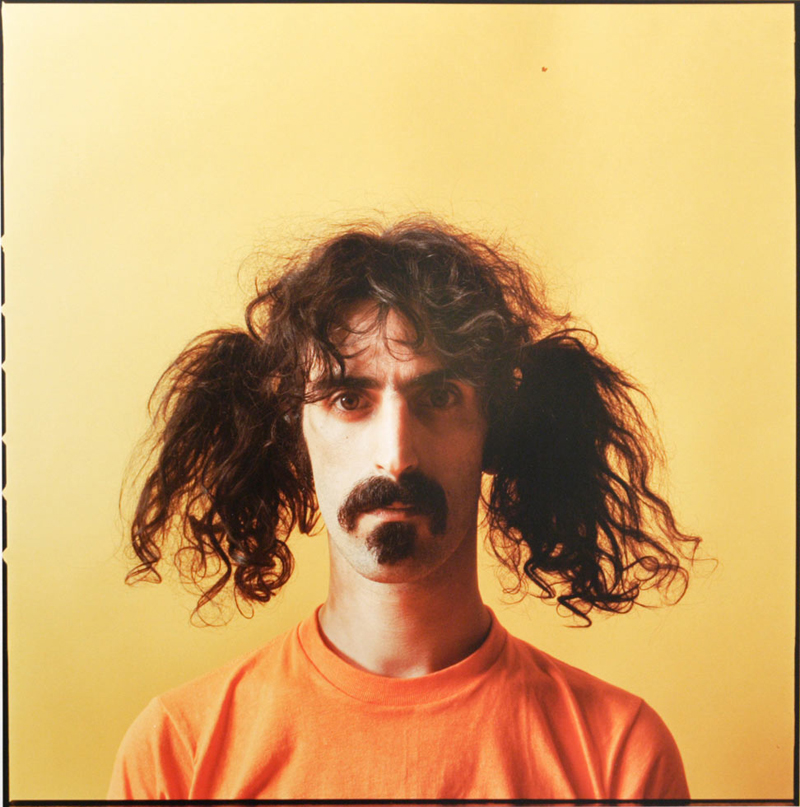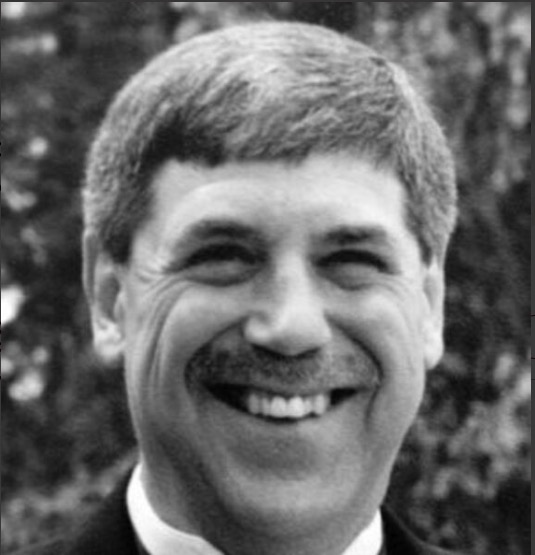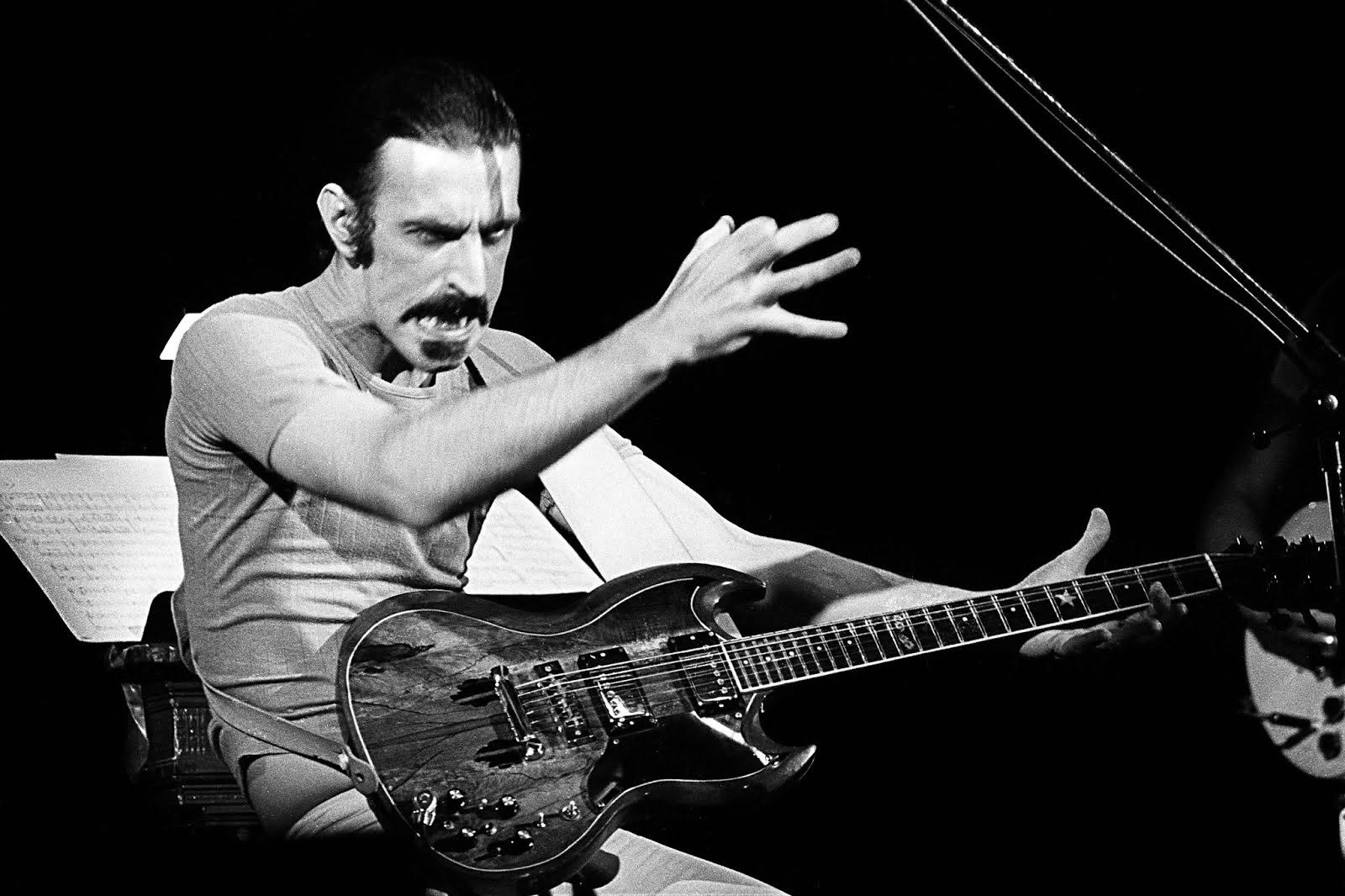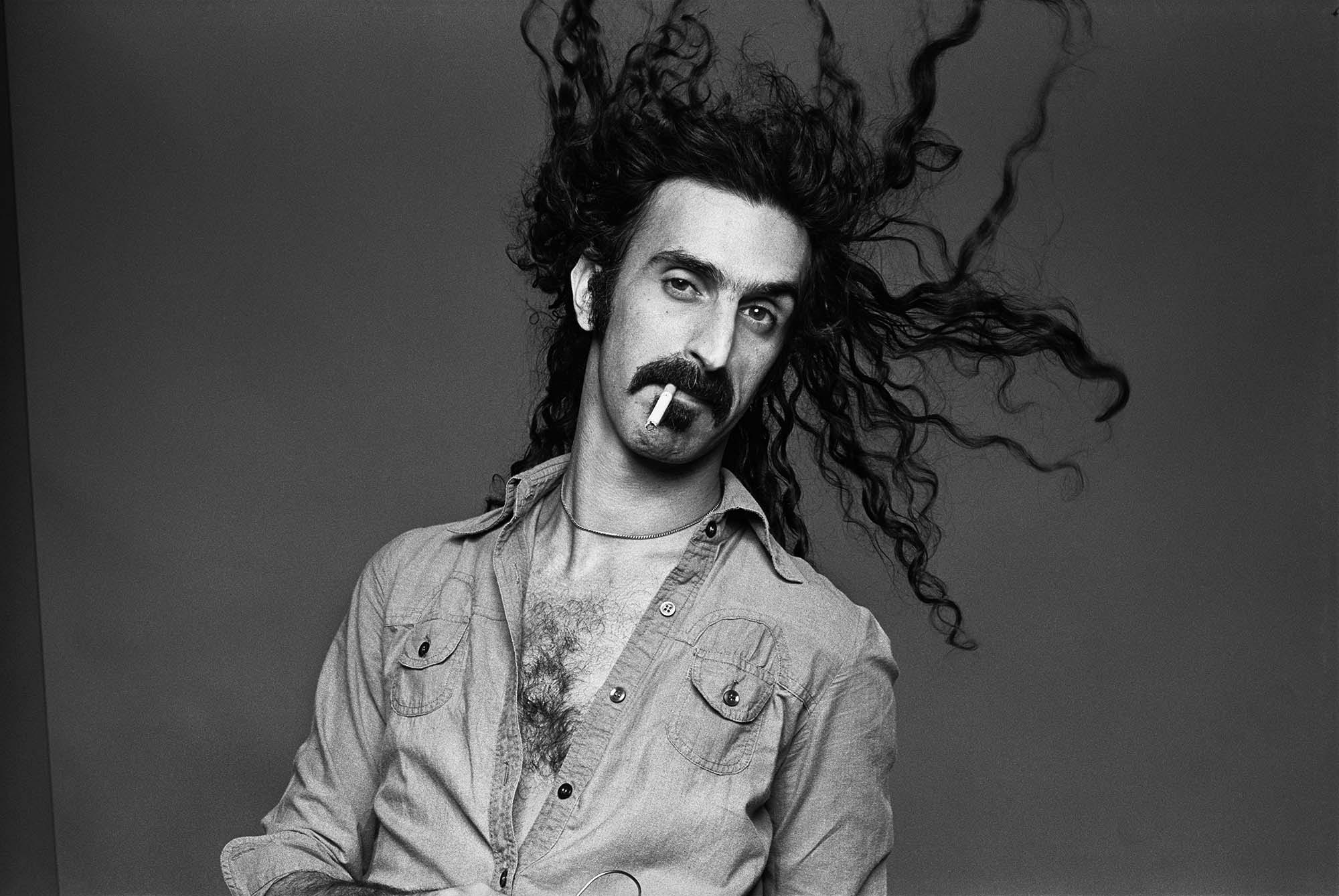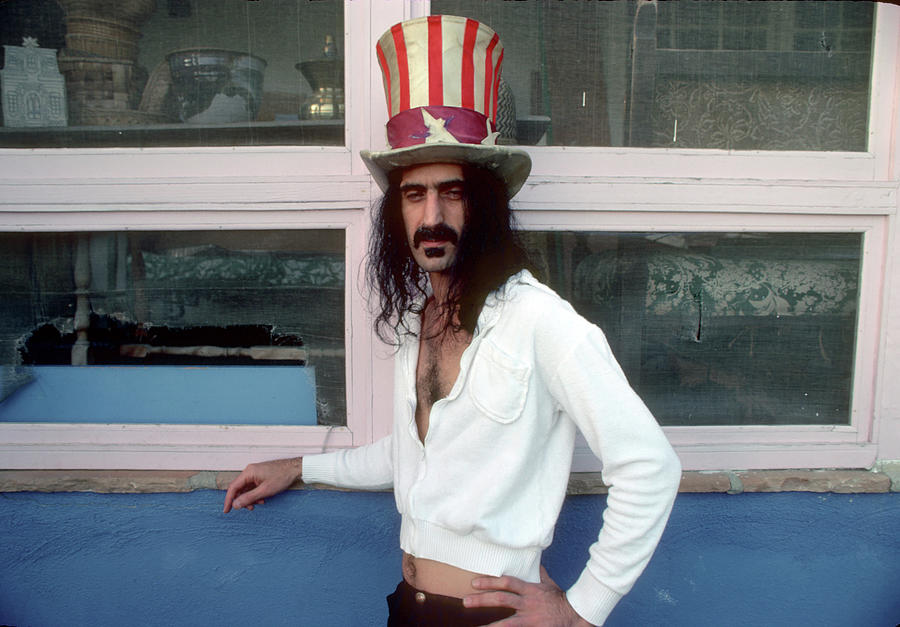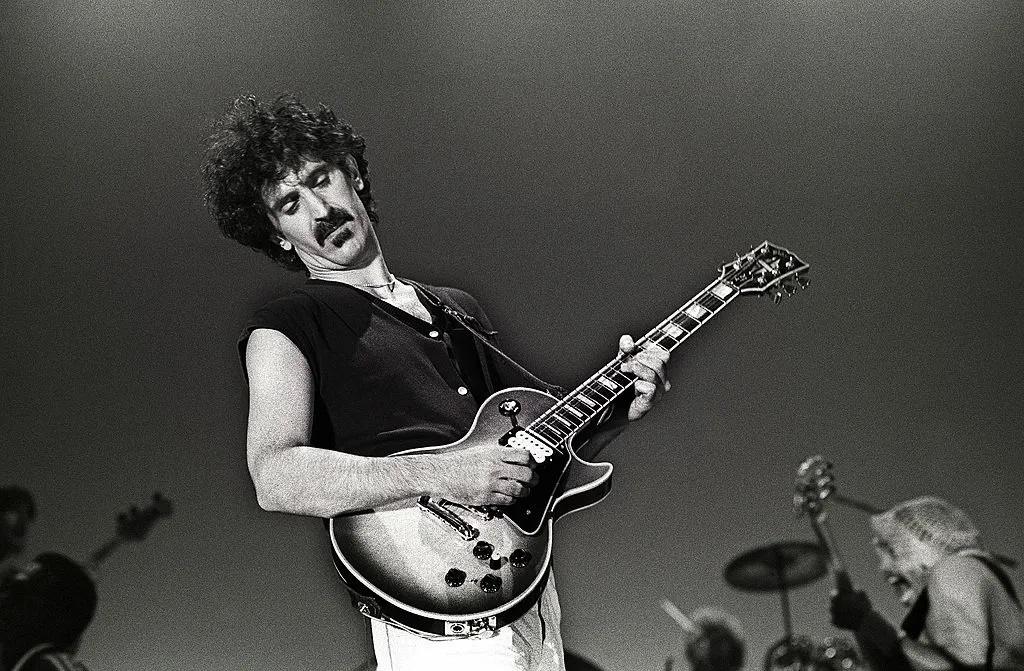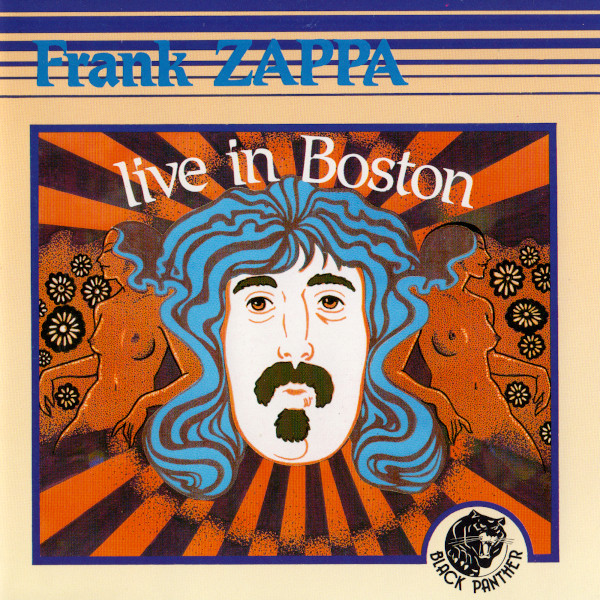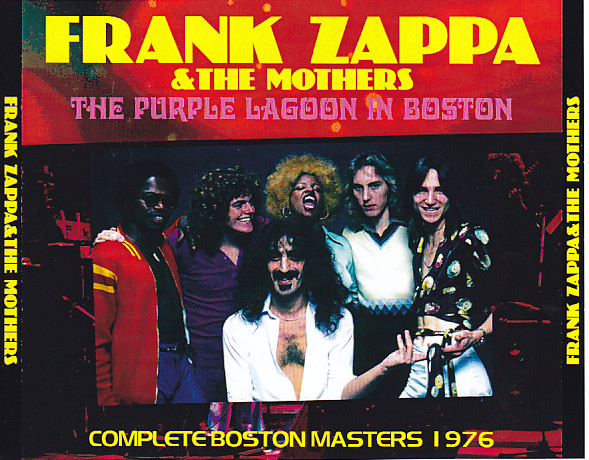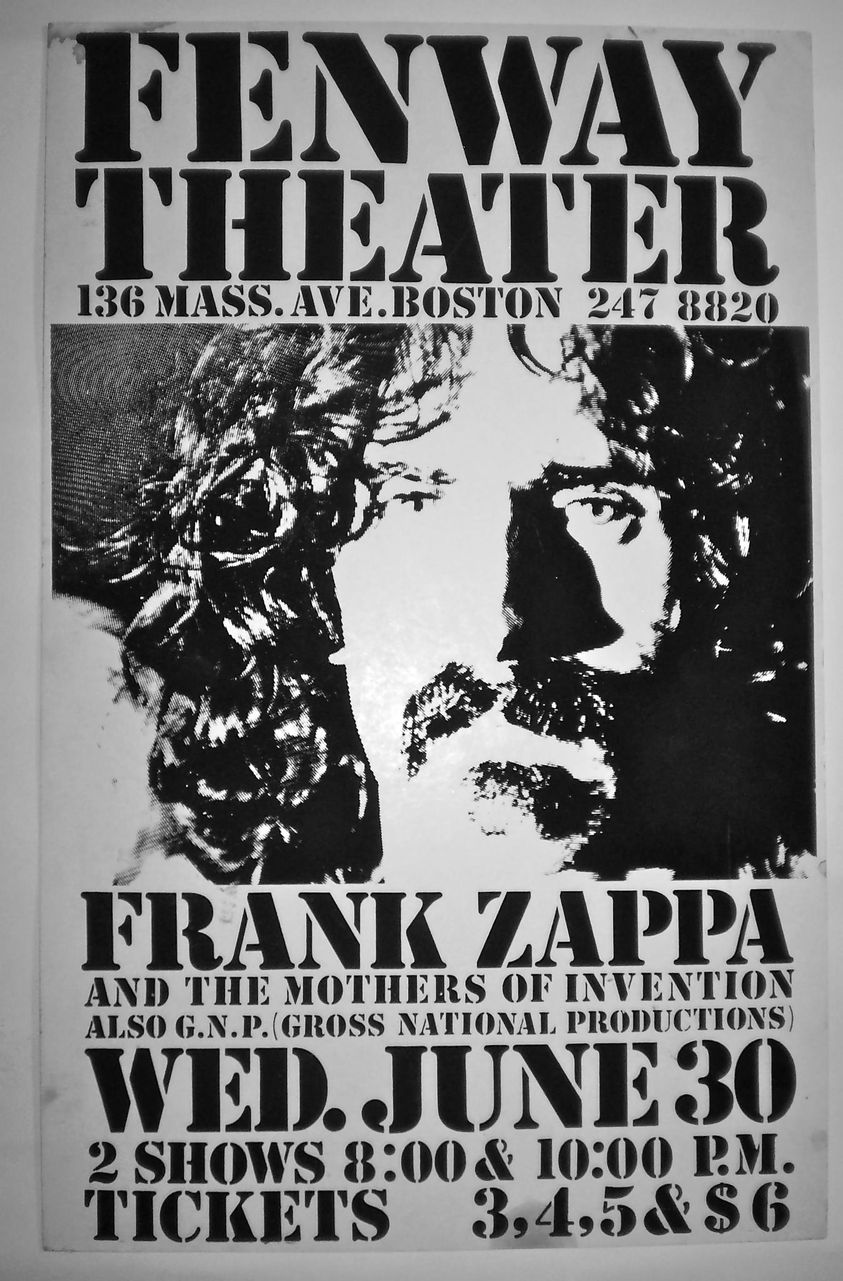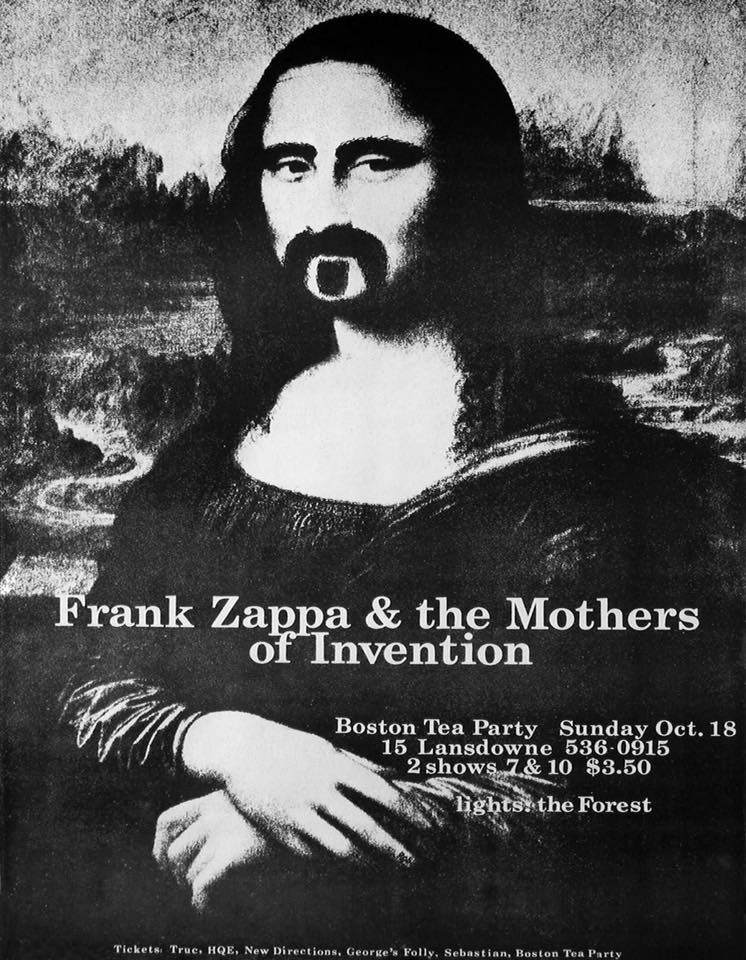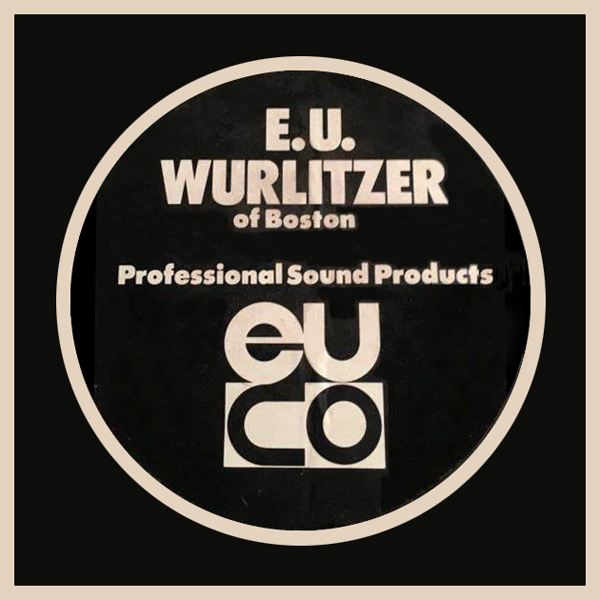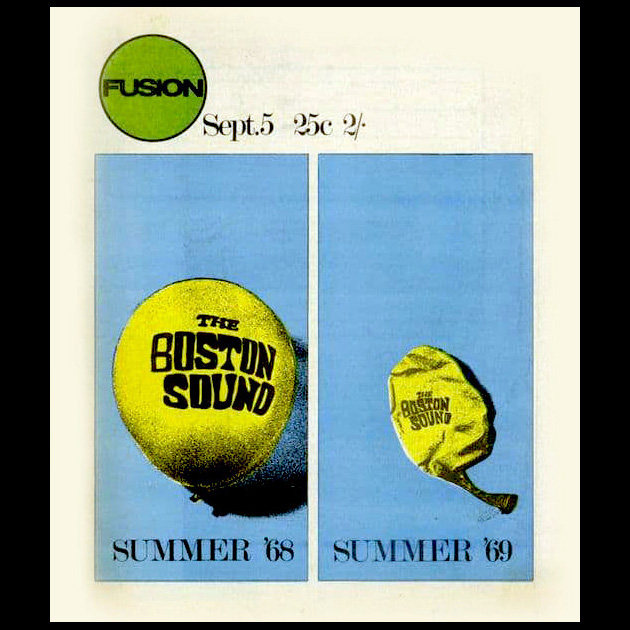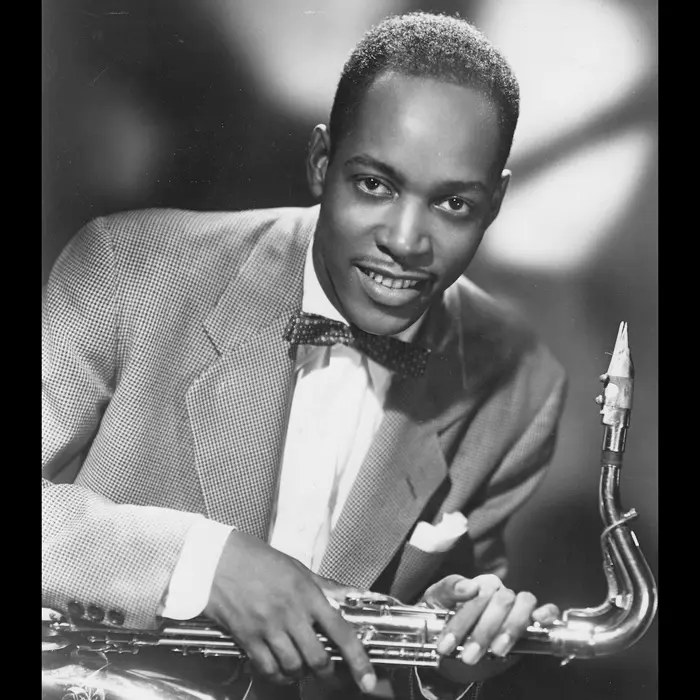Interviewing Frank Zappa in Fall River for Fusion magazine, 1967
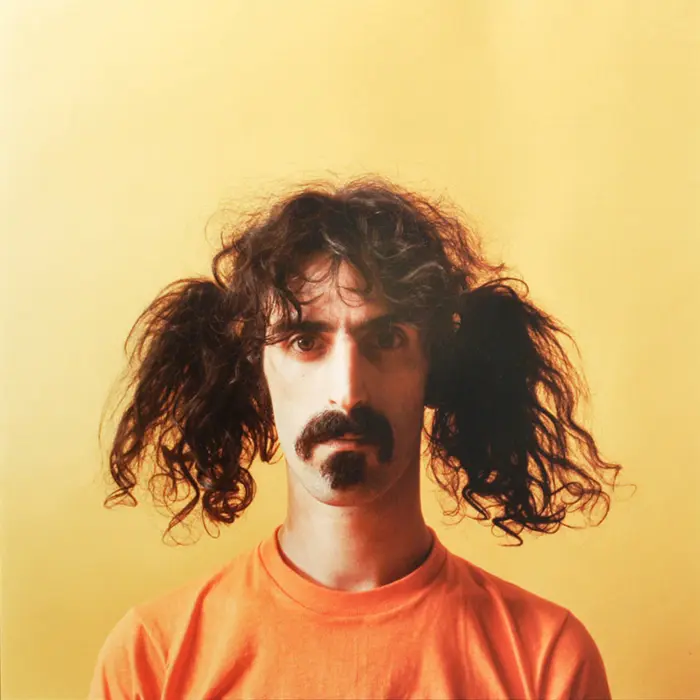
From 1967 to 1970, I co-edited the Boston-based rock magazine Fusion and my very first interview – ever – was with Frank Zappa and The Mothers of Invention in 1967, at the Brown Theater in Fall River, Massachusetts. I was 22 and very, very nervous, intimidated by the whole experience. A three-foot shelf circled the perimeter of the backstage room and, as I wrote in my Fusion article, it was lined with “wall-to-wall Mothers.”
The interview got off on a tenuous note. I had a primordial grasp of the individual components of Zappa’s compositions (I came from a very musical family and knew basic theory), but the amazing complexity of the music with its brilliant segues was quite cutting edge for its time. That, combined with my journalistic inexperience, youthful awe at his genius and knowledge that every word was being monitored by all those lounging Mothers, was downright scary for a 22-year old. Add to all this Zappa’s general disdain for the youth culture of the time – not to mention the fact that he didn’t suffer fools gladly – and you had a recipe for quite a few awkward moments and embarrassing silences.
During one such dead-air space, Zappa said, “Now, what were we talking about? Motorhead’s toothbrush I believe,” to which Motorhead replied, with a toothbrush in hand, “Yes, it’s of high-quality plastic and of a medium gauge.” I swear, I felt like climbing under the chair. In total desperation, I went for the only weapon left in my arsenal: the truth! I admitted that this was my first-ever interview, that I also was a musician, that I appreciated how Zappa tried to merge various musical forms, that I was eager to know about his background and influences and that I was completely tongue tied.
At that point, he did a complete about face and spoke graciously of his influences: Johnny “Guitar” Watson, Sonny Stitt, Richard Strauss, ‘50s-era doo wop, Coltrane and Cecil Taylor, among others. He showed me the Mothers’ upcoming itinerary, pointing out that they were going to England to play at the Isle of Wight Festival and that Donovan was also appearing. I’m grateful that instead of saying something like, “Oh, wow, Donovan, you must be looking forward to that!” – like the folkie I was at the time – I said, “Oh, so what do you think of Donovan?” Zappa replied in a breathy whisper: “Donovan? Why, I think he’s wonderful.” I dodged a Zappa bullet on that one.
He also told me that he considered each musician in the Mothers to be a world-class player – and they certainly were – and that there was a lengthy audition process regardless of their skill level and/or resume. They had to fit into the group, he said. He also explained that they rehearsed upwards of 12 hours a day when not on tour, which explains why they were one of the tightest bands ever. Interestingly, Zappa had a zero-tolerance policy on any and all drugs for band members, unless they were prescribed; cigarettes were excluded from the policy, probably since he himself smoked. I learned that at the time of the Mothers, the freak costumes and affectations were strictly a business decision because Zappa knew that image alone could sell a lot of records and tickets. It was his enterprise in every sense, from the songs to the look, from start to finish.
I saw Zappa live nine times before he died in 1993, in most of his multiple musical incarnations including with Flo and Eddie, big bands and symphonic ensembles and he always recognized me, making himself as accessible as possible. Though he was often labeled a cynic, I’d say he was a patriotic skeptic. He genuinely believed in and supported people’s right to vote, set up voter-registration booths at a number of his concerts and famously testified before the US Congress in support of voter rights, free speech and stricter copyright enforcement.
Oh, and he was one of the world’s master guitarists, of course. RIP Frank Zappa.
(by Ted Scourtis)
Ted Scourtis was co-editor of Fusion magazine and a frequent witness to Boston rock history. A musician who also worked at E.U. Wurlitzer, he passed away in March 2013 at age 68.

